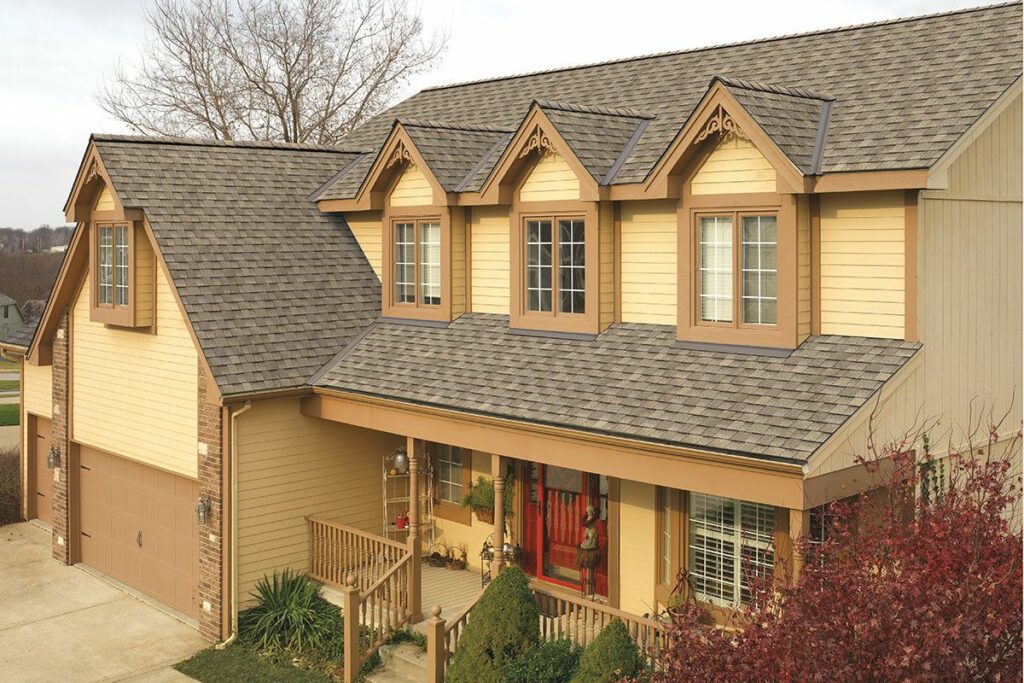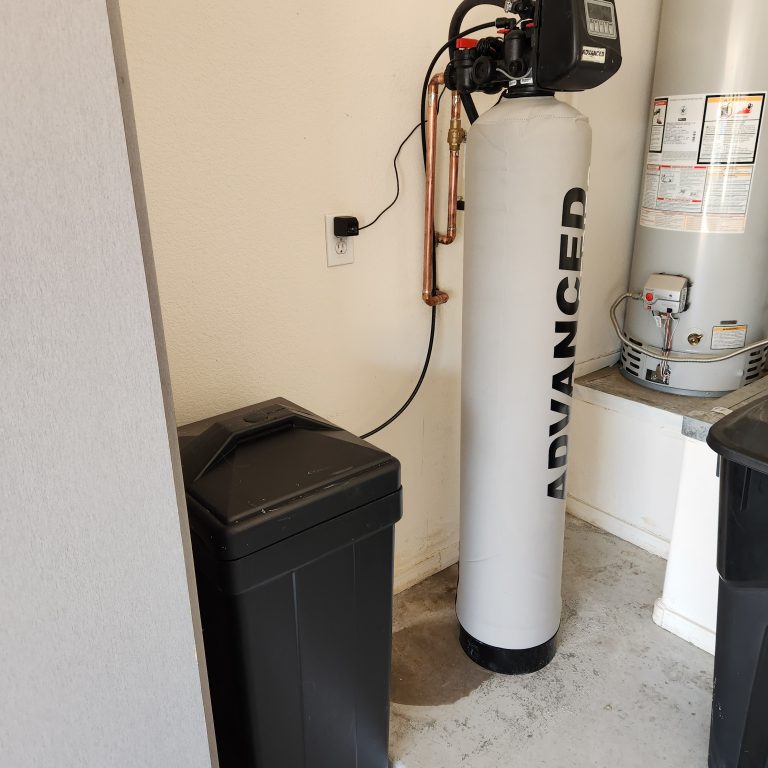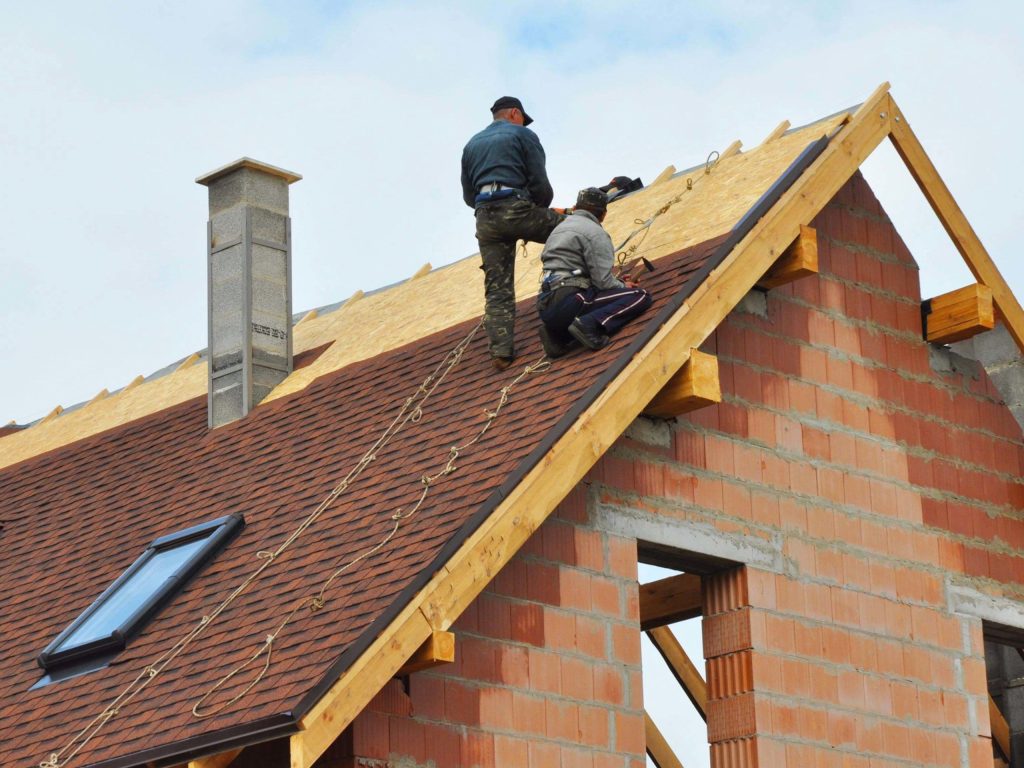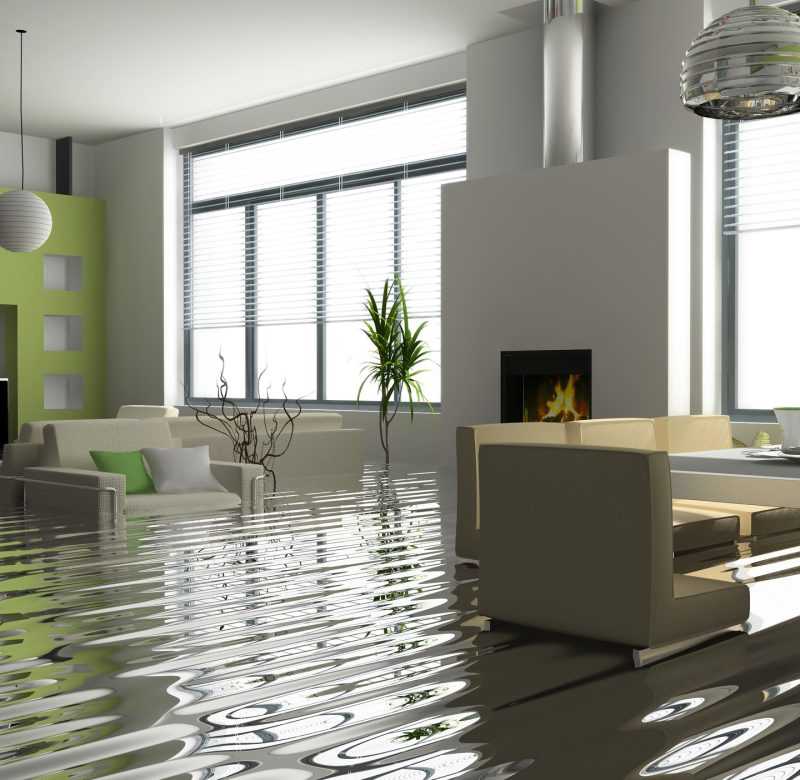 Newsletter Copywriting – Emails That Convert, Not Bore!
Newsletter Copywriting – Emails That Convert, Not Bore!
What Is Mold Remediation and Why It’s Important for Your Home?
Written by [email protected] » Updated on: June 30th, 2025

Discovering unwanted growth on your walls, ceilings, or floors is never a good sign. It can lead to unpleasant smells, stained surfaces, and, more importantly, health concerns. Mold remediation is the process designed to safely remove this issue from your home and prevent it from returning.
Remediation isn’t just about scrubbing surfaces. It involves identifying the root cause—usually hidden moisture—containing the affected area, cleaning the air, removing contaminated materials, and treating the space to discourage future growth.
Why is Mold remediation important?
Airborne particles from indoor fungi can trigger allergies, asthma, and other respiratory problems. In more severe cases, certain types of contamination can cause long-term damage to both your property and well-being.
Trying to fix this with store-bought cleaners may work on visible spots but won’t address what’s underneath. Professional treatment includes air filtration, moisture control, and proper disposal of affected materials. In most cases, it also involves checking for deeper issues like leaks, insulation problems, or past water damage that wasn’t properly repaired.
Whether the issue appears in your bathroom, basement, or near a recently repaired leak, remediation is the key to restoring your space safely and completely.
Why Taking Action Quickly Matters
If you live in a warm, humid climate like Orlando, FL, moisture issues can develop faster than in cooler regions. Frequent rain, high humidity, and the occasional tropical storm all increase the risk of lingering dampness inside homes.
These conditions are ideal for Mold growth. Once spores settle on damp surfaces, they can begin spreading within 24 to 48 hours. Often, by the time you see a stain or smell something musty, the problem has already grown behind the scenes.
In areas with older construction or limited ventilation, issues may go unnoticed until they become serious. That’s why it’s important to pay attention to subtle signs—like peeling paint, warping walls, or persistent allergies—and act early.
One-time cleanups rarely fix the deeper issue if the source of the moisture isn’t addressed. That’s why professional services often include inspection, moisture detection, and even structural evaluations to ensure complete restoration.
Choosing a local expert like C S B Restoration Services INC means working with professionals who understand how regional weather and building materials can influence the extent of the damage—and how to fix it for good.
Conclusion
Dealing with Mold remediation isn’t just about making things look clean again. It's about creating a healthy, safe environment for your family and protecting the value of your property.
If you live in a humid area or have recently experienced any kind of water issue, don’t wait until the problem gets worse. Signs like musty smells, unexplained stains, or allergy flare-ups could mean it’s time for a proper evaluation.
Professional remediation ensures a complete and long-lasting solution—covering everything from air treatment and material removal to final surface protection and prevention strategies. Acting quickly can save you money and give you peace of mind.
FAQs
1. What’s the difference between mold removal and mold remediation?
Removal focuses on cleaning visible areas, while remediation addresses both visible growth and the conditions causing it to prevent future problems.
2. How can I tell if my home needs professional help?
If the affected area is larger than 10 square feet, or if people in the home experience ongoing allergy symptoms, it’s time to call in professionals.
3. Is it dangerous to try and clean it myself?
DIY cleaning can spread spores or miss hidden growth, especially if safety equipment and proper ventilation aren't used. Professionals are trained to handle it safely.
4. How long does the remediation process usually take?
Depending on the severity and size of the affected area, it typically takes 1–5 days, including drying, treatment, and cleanup.
5. Will it come back after remediation?
If the moisture source is not fixed, the issue can return. Good remediation includes finding and addressing the source to prevent regrowth.
Note: IndiBlogHub features both user-submitted and editorial content. We do not verify third-party contributions. Read our Disclaimer and Privacy Policyfor details.
Copyright © 2019-2025 IndiBlogHub.com. All rights reserved. Hosted on DigitalOcean for fast, reliable performance.












